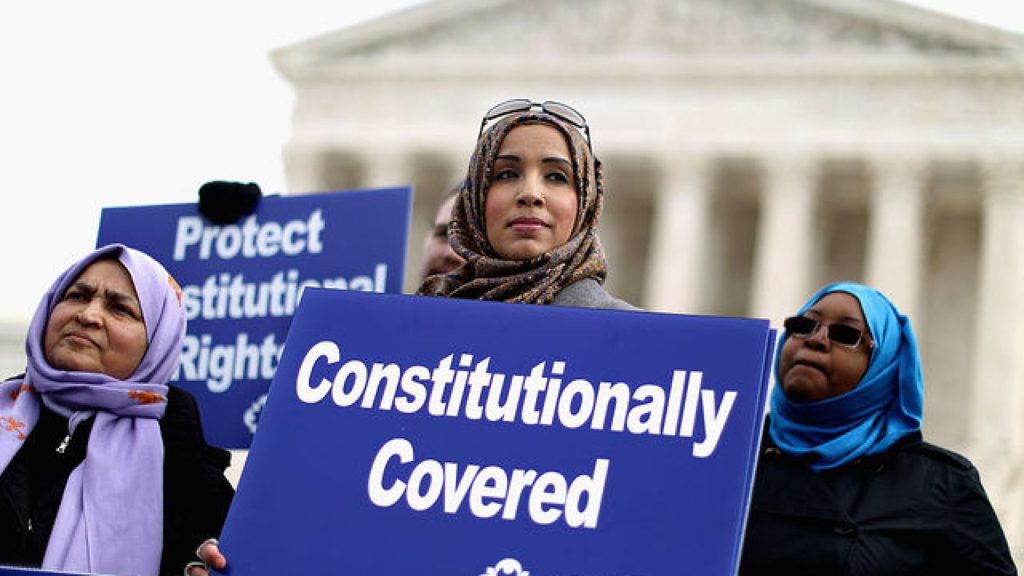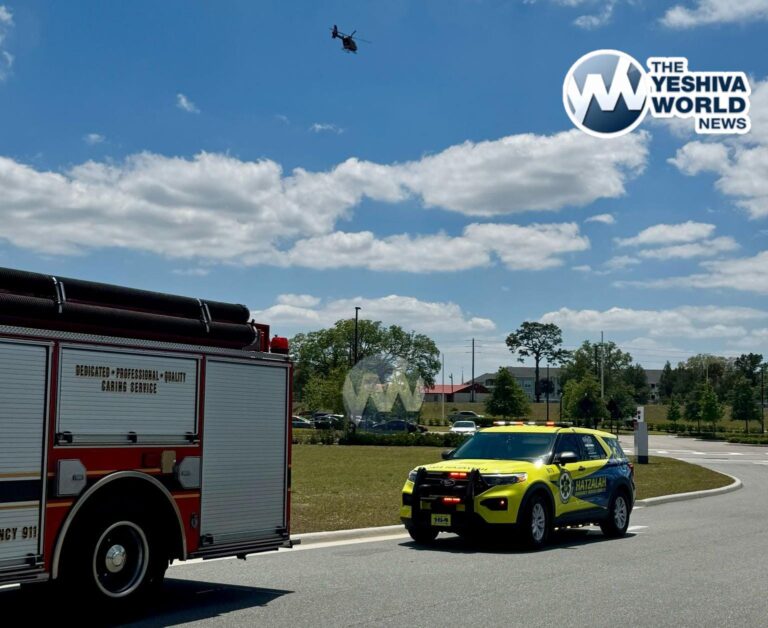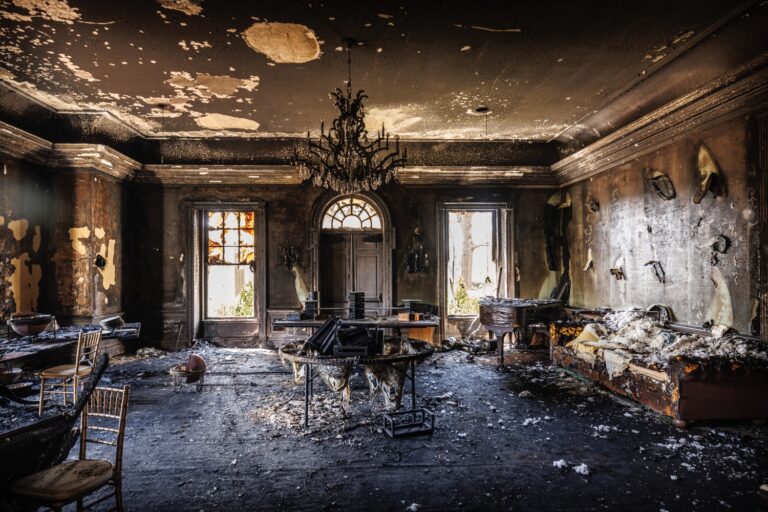A Muslim civil rights group called for a congressional investigation Wednesday after its lawsuit revealed that the U.S. government has shared access to parts of its terrorist watchlist with more than 1,400 private entities, including hospitals and universities.
The Council on American-Islamic Relations said Congress should look into why the FBI has given such wide access to the list, which CAIR believes is riddled with errors. Broad dissemination of the names makes life more difficult for those who are wrongly included, CAIR says. Many on the list are believed to be Muslim.
“This is a wholesale profiling of a religious minority community,” said CAIR National Executive Director Nihad Awad. “To share private information of citizens and non-citizens with corporations is illegal and outrageous.”
The FBI said in a statement Wednesday night that private groups only receive a subset of the terrorist watchlist called the Known or Suspected Terrorist List. It is unclear how significantly that narrows the list from the watchlist, which is formally known as the Terrorist Screening Center Database and includes hundreds of thousands of names.
Gadeir Abbas, lawyer for CAIR, said there is no evidence that the list of Known or Suspected Terrorists, or KST, is in any meaningful way less broad than the overall watchlist. Indeed, the articulated standard for inclusion on the watchlist is a reasonable suspicion of being a known or suspected terrorist.
“The FBI is using the complexity of the list to portray it as less nefarious than it is,” Abbas said.
The FBI statement says that any private agency accessing the list “must comply with agreements to ensure the security and confidentiality of the information. A requestor can only ask for information about a specific individual and cannot access all the data available in the KST File.” Any private entity that comes into a contact with a match from the list is instructed to contact the FBI’s Terrorist Screening Center for further instructions, the FBI said.
The council filed a lawsuit in 2016 challenging the list’s constitutionality and saying those wrongly placed on it routinely face difficulties in travel, financial transactions and their dealings with law enforcement.
In response to the lawsuit, a federal official recently acknowledged in a court filing that more than 1,400 private entities received access to the list.
For years, the government had insisted that it did not generally share the list with private organizations.
A hearing is scheduled in federal court for Friday on CAIR’s request that the government now detail exactly which entities have received access to the names. CAIR also wants to know what private organizations are doing with the watchlist information — whether, for example, it is influencing universities’ admissions decisions or is being used by hospitals to screen would-be visitors.
In depositions and in court hearings, government officials had denied until very recently that the watchlist compiled by the FBI’s Terrorist Screening Center is shared with private entities. At a hearing in September, government lawyer Dena Roth told U.S. District Judge Anthony Trenga that the Terrorist Screening Center “does not work with private partners, and that watchlist status itself … is considered law enforcement sensitive information and is not shared with the public.”
Despite that assurance, the judge ordered the government to be more specific about how it disseminates the watchlist. Trenga said the plaintiffs are entitled to the information to try to prove their case that inclusion on the list causes them to suffer “real world consequences.”
In response to the judge’s order, TSC Deputy Director of Operations Timothy Groh filed a statement earlier this month acknowledging that 1,441 private entities have received permission to access the watchlist.
Groh said those entities must be in some way connected to the criminal justice system. He cited police forces at private universities, hospital security staff and private correctional facilities as examples.
He said private groups are expected to abide by a detailed set of rules designed to ensure the list is used properly. It is not clear what those restrictions are.
The exact number of people on the list is kept secret by the government, but it acknowledged in an earlier lawsuit that it adds hundreds of thousands of names every year. It also emphasized that names are routinely removed.
Faiza Patel, a director at the New York University law school’s Brennan Center for Justice, said the government’s willingness to share the list with private organizations is problematic because the list has so many people who are wrongly included in the database.
“When you tag someone as a terrorist it can have serious consequences for people,” she said.
(AP)












One Response
Is there any other ethnic group besides CAIR that cares about this issue? This report does not suggest that anyone is worried besides Muslims. That fact alone says a lot. Until Islam does something to stop terror, it’s record of past and present activity show that it supports it.